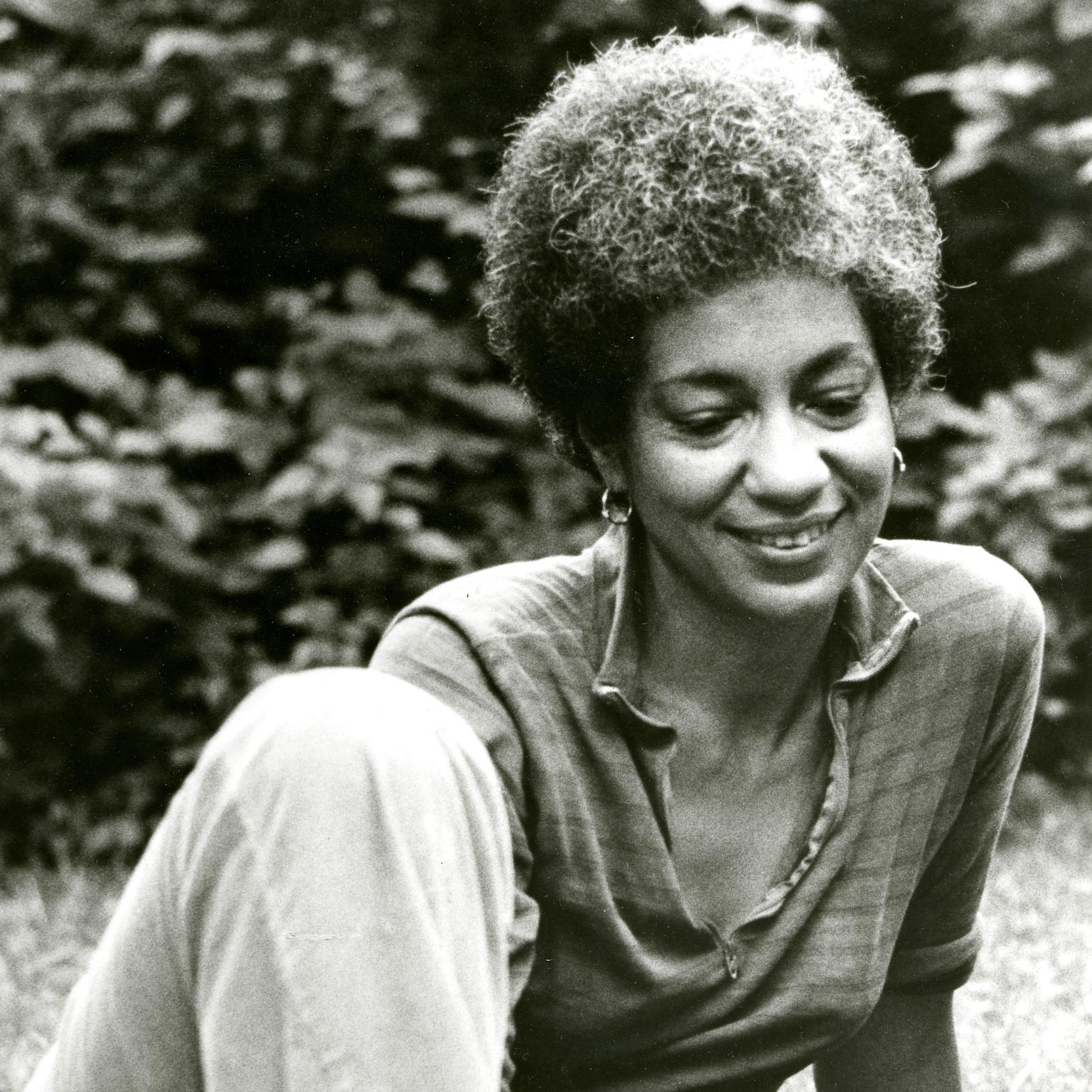First they said I was too light
Then they said I was too dark
Then they said I was too different
Then they said I was too much the same
Then they said I was too young
Then they said I was too old
Then they said I was too interracial
Then they said I was too much a nationalist
Then they said I was too silly
Then they said I was too angry
Then they said I was too idealistic
Then they said I was too confusing altogether:
Make up your mind! They said. Are you militant
or sweet? Are you vegetarian or meat? Are you straight
or are you gay?
And I said, Hey! It’s not about my mind
Published:
2005
Length:
Regular
Literary Movements:
Civil Rights Movement
Anthology Years:
2021
2023
Themes:
Identity
Literary Devices:
Anaphora
a figure of speech in which words repeat at the beginning of successive clauses, phrases, or sentences
Irony
the expression of one's meaning by using language that normally signifies the opposite, typically for humorous or emphatic effect
Juxtaposition
the fact of two things being seen or placed close together with contrasting effect

